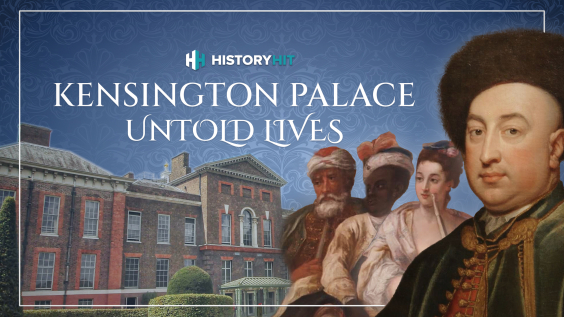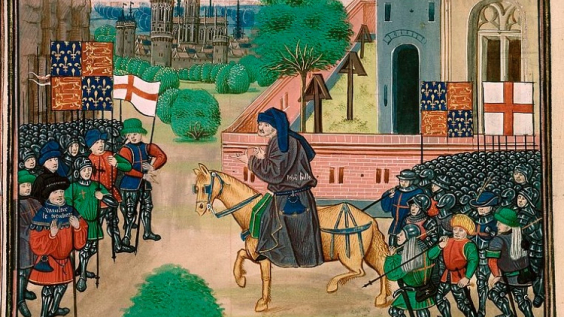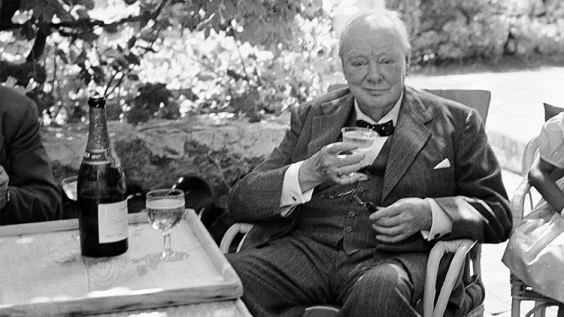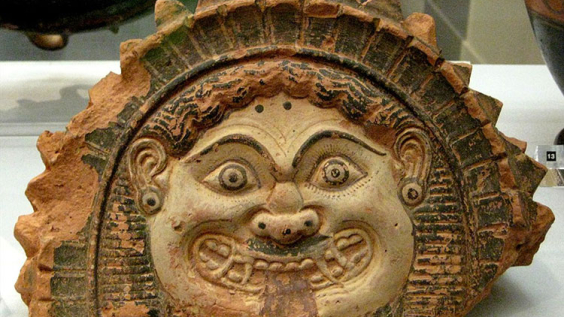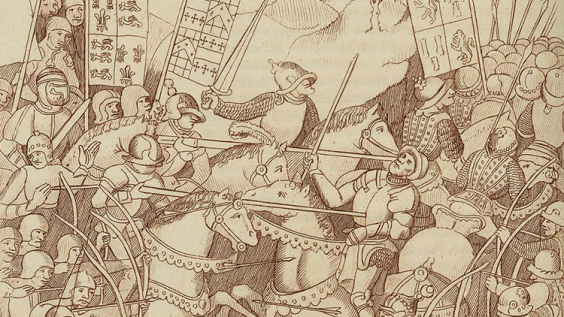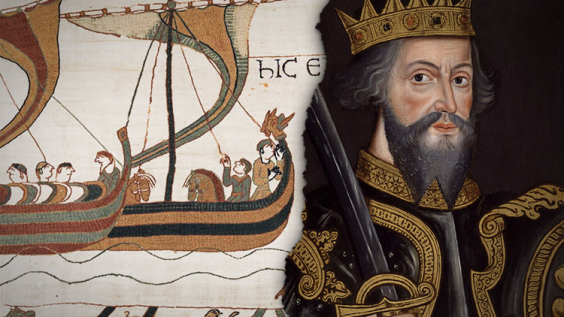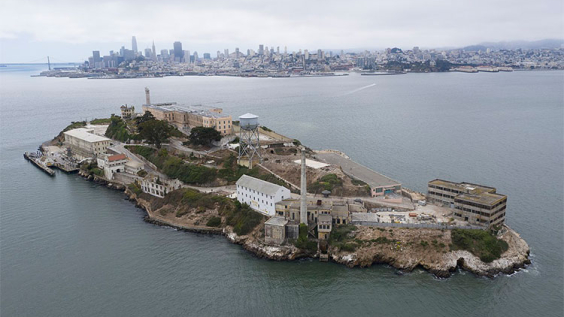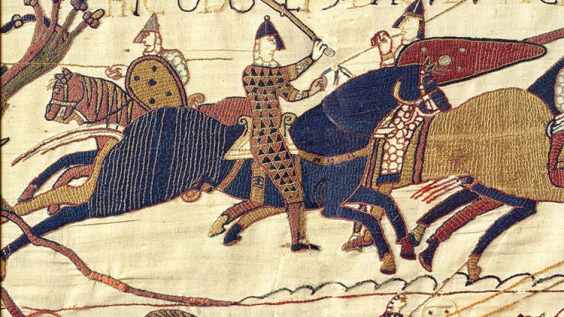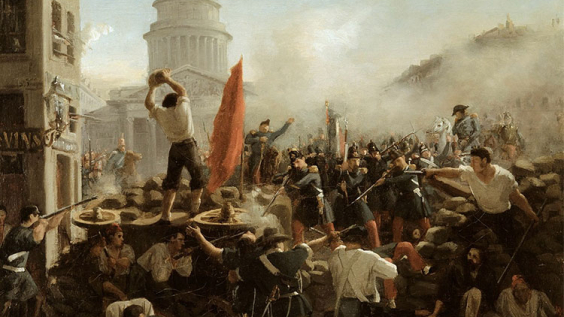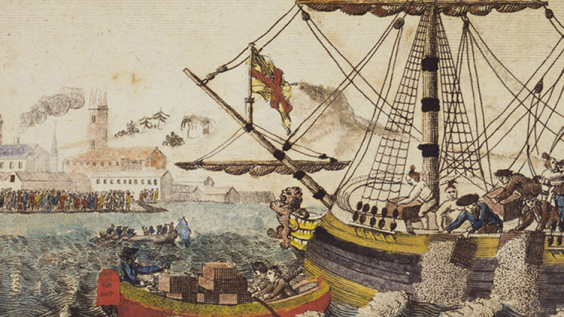
Pericles was one of history’s most formidable statesmen.
A giant of the 5th century BC, he oversaw the golden age of classical Athens. He transformed his city into a leading maritime power, forged the Athenian Empire, oversaw the construction of some of antiquity’s most iconic buildings and under his watch Athenian settlers established colonies far and wide.
Here are 12 facts about Pericles.
1. He hailed from a celebrity Athenian family
Pericles was a member of the Acamantis tribe, hailing from the town of Cholargus.
Xanthippus, his father, had commanded the Athenian naval forces and defeated the Persian fleet at the Battle of Mycale in 479 BC.
Agariste, Pericles’ mother, was the grandchild of Cleisthenes, the political figure who helped lay the foundations for democracy in Athens back in 508 BC.

A modern portrait of Cleisthenes. Image Credit: http://www.ohiochannel.org/.
2. His head was slightly out of proportion
It was slightly longer than usual, which led to him becoming an object of ridicule to many of Athens’ comic poets.
Apparently, it was because of Pericles’ slightly-elongated head that almost all the images and statues made of him depict him with a helmet.
3. He had a great tutor
A leading influence over Pericles during his education was Anaxagoras of Clazomenae, a philosopher. Among other things Anaxagoras taught his student to be a powerful and influential speaker.

Anaxagoras and Pericles.
4. Pericles championed the people
Despite hailing from the nobility, Pericles decided to side with ‘the many and poor’ – the party of the people – rather than the nobility. It seems Pericles did this partly to contest Cimon, his aristocratic rival, but also because he feared that, otherwise, the people would drive him out of the city.
By securing a virtuous reputation through acts of benevolence, Pericles was able to assume a great amount of authority over the hoi polloi, through which he became the foremost political figure in Athens.
5. He oversaw a great Athenian colonisation project
Athenian settlers departed their home city in all directions on Pericles’ orders. From Nymphaeum in eastern Crimea to Thurii in southern Italy, Pericles’ Athenians settled.
Pericles himself partook in several naval expeditions in the Aegean Sea, the Black Sea, and further afield in the Mediterranean. During these expeditions he advocated the settling of more Athenian colonists in far-flung Greek outposts and solidified Athens’ new naval hegemony.

An image of a trireme on the wall of a temple in Nymphaeum in eastern Crimea (3rd century BC).
6. He oversaw the famous, monumental building programme on Athens’ Acropolis
During his tenure, Pericles oversaw the construction of many public and sacred buildings across Athens, but his standout achievement was the building of the several marble, monumental structures atop the Acropolis.
The Persians had destroyed the original buildings on the Acropolis when they sacked Athens in 480 BC. Wishing to rebuild the sanctuary, evoke Athenian prestige and please the public, Pericles employed surveyors to construct famous buildings such as the Parthenon, Erectheion, the Propylaia and the Temple of Athena Nike.
7. He transformed the Delian League into the Athenian Empire
Following the Persian Wars, many of the Greek city-states and islands formed an alliance in opposition to the Persian menace. Sparta was a notable exception.
A common treasury for the alliance was placed at Delos, funded by tributes from the various cities. But in 445 BC, Pericles ordered that the alliance’s treasury on Delos be relocated to Athens. This is seen as one of several significant moments in the evolution of the Delian League into the Athenian Empire.
8. He advocated a defensive strategy during the Peloponnesian War
When war broke out between the Athenian Empire and the Peloponnesian League led by the Spartans in 431 BC, Pericles knew Athens’ strength lay at sea, while Sparta’s lay on land.
He therefore ordered that the entire population of Attica retreat behind the city’s long walls, advocating a defensive strategy on land, but maintaining military hegemony and supply routes at sea.
9. His funeral oration in 431 BC was one of history’s greatest speeches
Recorded in Thucydides, Pericles’ funeral oration epitomises why Pericles deserves his status as one of history’s greatest speakers.
Parallels have been drawn to Abraham Lincoln’s Gettysburg Address and it is possible the US President based his speech on the Athenian’s over 2,000 years earlier.
You can read the full speech here.

Pericles delivers his funeral oration.
10. His strategy resulted in a deadly plague outbreak in Athens
The outbreak of plague was said to have originated in Ethiopia. When it reached Athens, the squalor and overcrowding in the city, after Pericles had invited all the country folk inside the city’s walls, only accelerated its spreading.
Thucydides, the contemporary historian and survivor of the plague, famously described the epidemic in his work.
Many of the young Athenians, who would have been needed in the war effort against the Peloponnesian League, perished in the plague.

The Plague of Athens.
11. Pericles himself was a victim of it
He succumbed in 429 BC, following the deaths his sister and many of his friends.
12. A bust of Pericles is currently in No.10 Downing Street
Pericles is one of Prime Minister Boris Johnson’s favourite political figures in history. The Prime Minister has cited Pericles’ support for ‘the many’ and his defence of democracy.
 Listen Now
Listen Now


